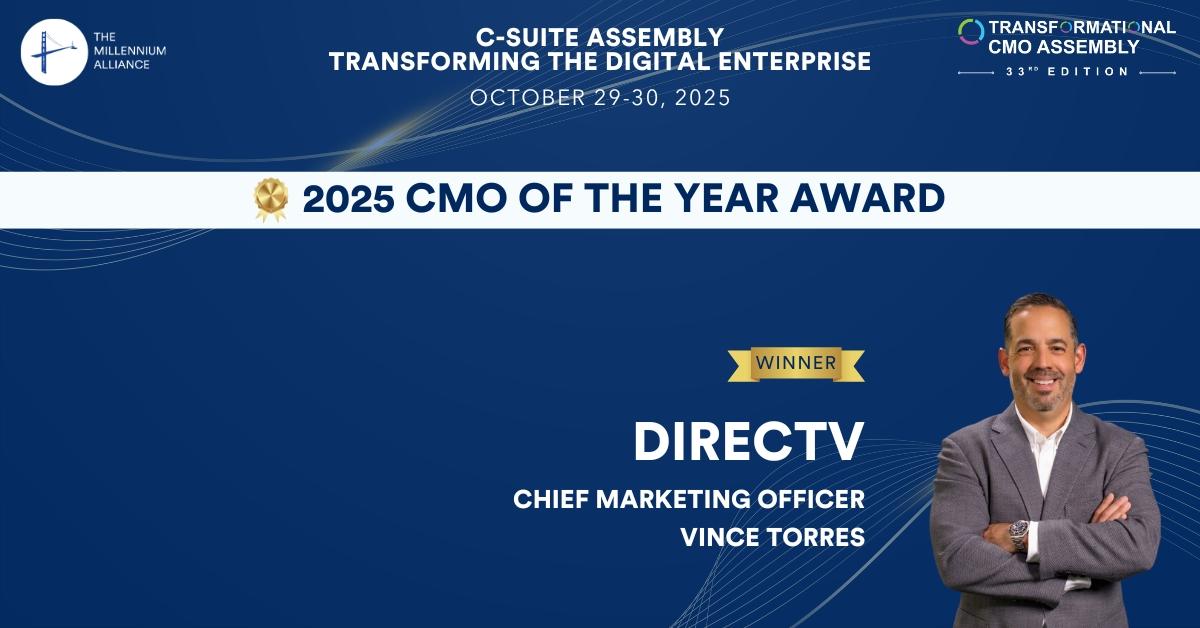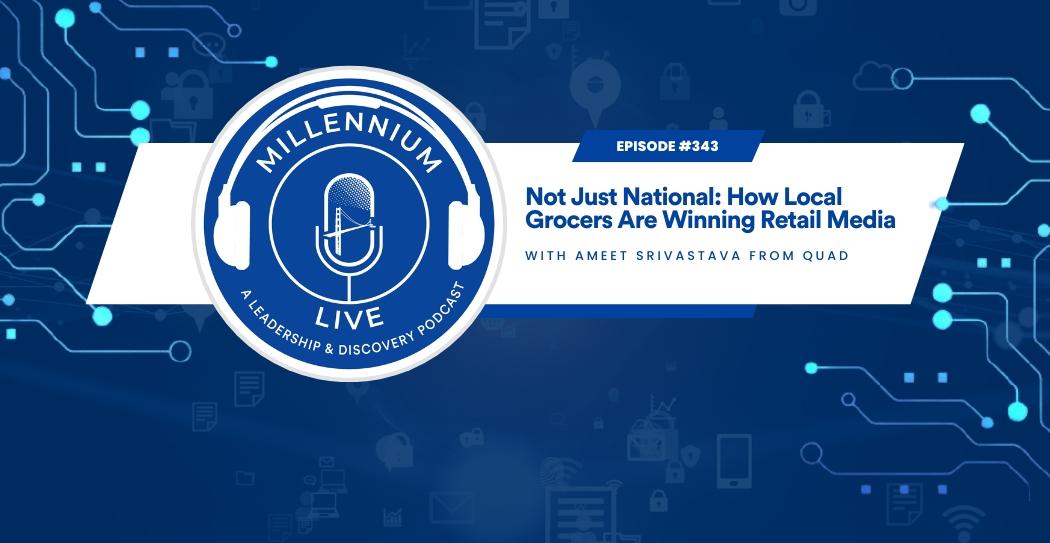Marketing has seen a significant shift over the course of the past year as a result of ongoing disruption. Consumers have become more skeptical, and expectations for brands continue to increase, leading to the rise of cause marketing and stronger brand-consumer relationships. More and more brands are on board with the idea that positive impact is not only possible, but necessary. For Dawn Lerman and her colleagues at Fordham University, however, positive marketing is not a new concept. In fact, Fordham’s Center for Positive Marketing has been creating a positive influence through marketing since 2011.
Millennium Alliance Advisory Board Member Dawn Lerman, Professor of Marketing & Executive Director at Fordham University’s Center for Positive Marketing, explains it best:
“My colleagues and I founded the Center for Positive Marketing at a time when marketing seemed to be getting an increasingly bad rap. We went into marketing—first in industry and then in academia—for the good that marketing can do in helping people address their needs and solve their problems.”
It all comes down to the actual purpose of marketing. To someone outside of the marketing space, the purpose of marketing seems simple: persuade consumers to buy a product. It’s an exchange. However, any good marketer knows that the process of marketing a product is actually much deeper than that. Marketers, and brands, seek to fill needs and solve problems.
“As marketers we do an excellent job persuading consumers to buy our brands but we haven’t done a particularly good job marketing ourselves and the value of our work. Our measures for evaluating brands—things like brand financial value, word-of-mouth and repurchase rates—are entirely firm-focused. Even satisfaction fails to capture the value of marketing. A customer does not merely set out to be satisfied with a product, but ultimately aims to solve a problem or otherwise improve his or her own life. To address this, we developed a new measure that captures how brands fulfills these aims and we use it in an annual survey of Americans to find out how and which brands are contributing to their lives.”
The challenge for marketers is both communicating this intent and creating a larger impact outside of simply filling a need.
“At the end of the day, marketers have not been particularly good about marketing marketing. We wanted to help change that.”
One of Dawn Lerman’s areas of expertise within marketing is language. We use language every day to communicate ideas, feelings, facts, and everything in between. Marketing language is particularly important when trying to steer the conversation around a brand, which is the subject of her co-authored book The Language of Branding: Theories, Strategies, and Tactics. When we think of marketing, we think of a product or service: how do we influence emotions surrounding a soda brand, a hotel chain or a clothing line, for example. However, marketing principles can also be applied to concepts or ideas, and even something as broad as the pandemic. When asked about the impact of marketing language in recent months, Dawn notes:
“In many ways, marketing has refound its purpose during the pandemic. When I say that, I am thinking about commercial marketing and commercial brands. We could have used more of a marketing mindset to share information about covid with the public, help contain the virus and encourage vaccination. Even some of the language around the pandemic has harmed rather than helped. I would argue, for example, that the term “socially distant” contributes to our feeling socially isolated.”
As for predictions, Dawn thinks we will see more momentum in the direction we’ve been heading, especially in terms of purpose-driven marketing.
“I think we are going to see brands become increasingly purpose-driven. Authenticity has been a buzzword for a few years now but it will be more important than ever as will empathy. Marketers will be challenged to deliver on purpose, authenticity and empathy in an increasingly polarized society.”
Leading a purpose-driven marketing strategy is no small task, which is why the Center for Positive Marketing has the resources business leaders need to make this shift. And while industry experts are leading the charge, there is plenty of room for student involvement, which brings fresh ideas and talent to marketing executives while providing students with an invaluable resource for professional growth and exposure to real business issues.
“Through our fellowship program, students work under the advisement of faculty on marketing projects brought to us by executives who could use some extra hands. In addition to a completed project, executives get access to a pipeline of new marketing talent and an opportunity to see our best and brightest at work. We also collaborate with executives in both applied and scholarly research. For example, we use our Consumer Value Index to help companies uncover their brand’s true value and opportunities for repositioning. Also, we host many executives who speak at our events and in our classrooms. They love to give back and our students love learning from them.”
Dawn Lerman has expressed a passion for bridging the gap between academia and industry, and the center is a great resource to foster more collaboration. Involving students in this collaboration not only creates better outcomes for today’s leaders, but helps shape the leaders of tomorrow.
“Leading a team through a crisis requires authenticity, vulnerability, empathy, and trust. Through the pursuit of a common purpose, leaders inspire others to be leaders as well. But we have known this for some time. What was unique about this crisis was that all areas of routine got dismantled, and they were dismantled for everyone. Teams needed an entirely new routine as did each individual on a team. Leaders have needed to understand team members as individuals and develop trust in more personalized ways.”
At The Millennium Alliance, we recognize both the importance of leadership and the fact that leadership is a process that requires continuous nurturing. Communities such as the Center for Positive Marketing are the key to furthering the executive education of today’s leaders, while equipping a new generation of leaders with strong values, powerful connections, and an abundance of resources to create real change.
Click here to read more about Fordham University’s Center for Positive Marketing.














